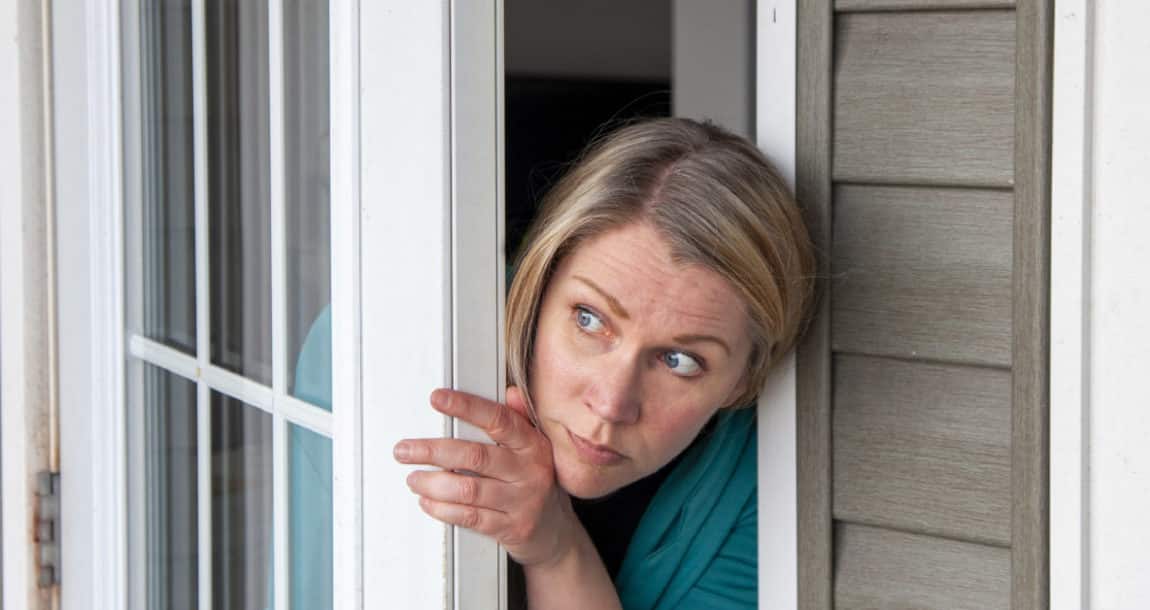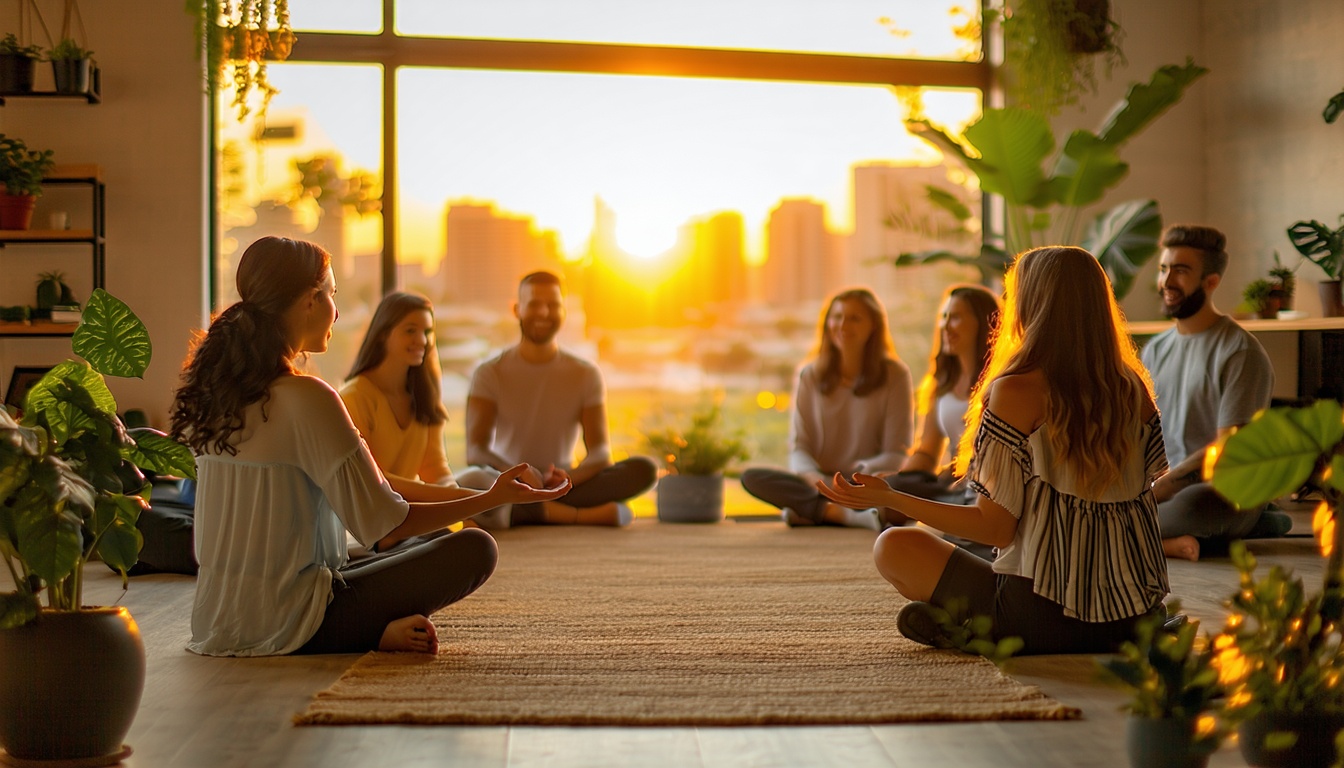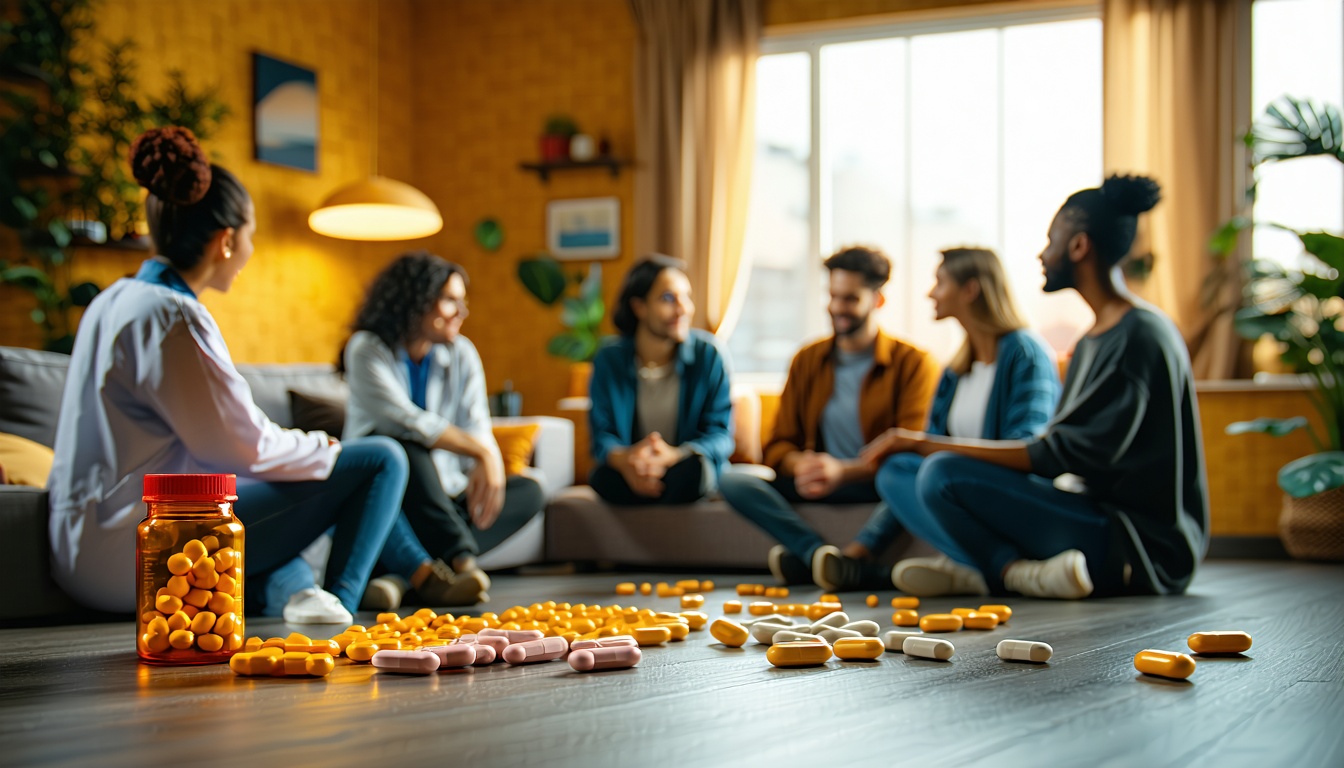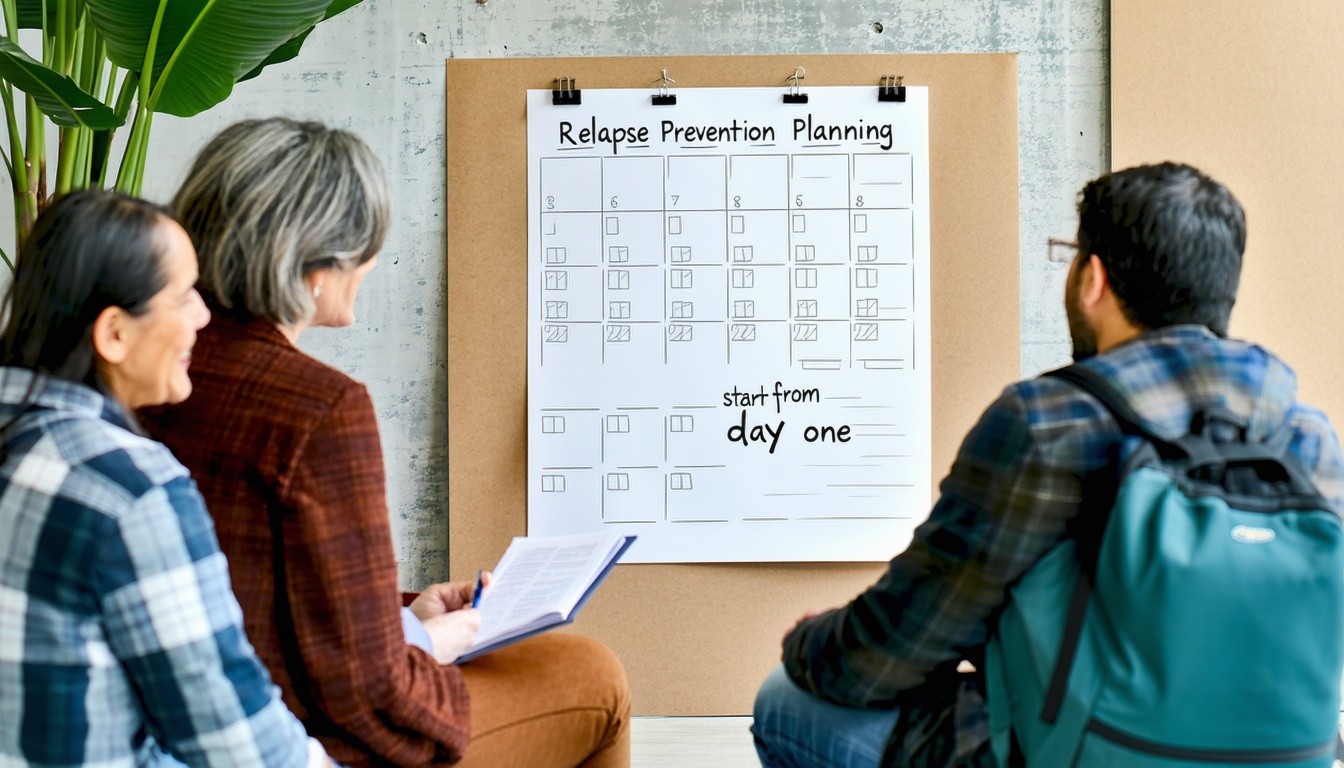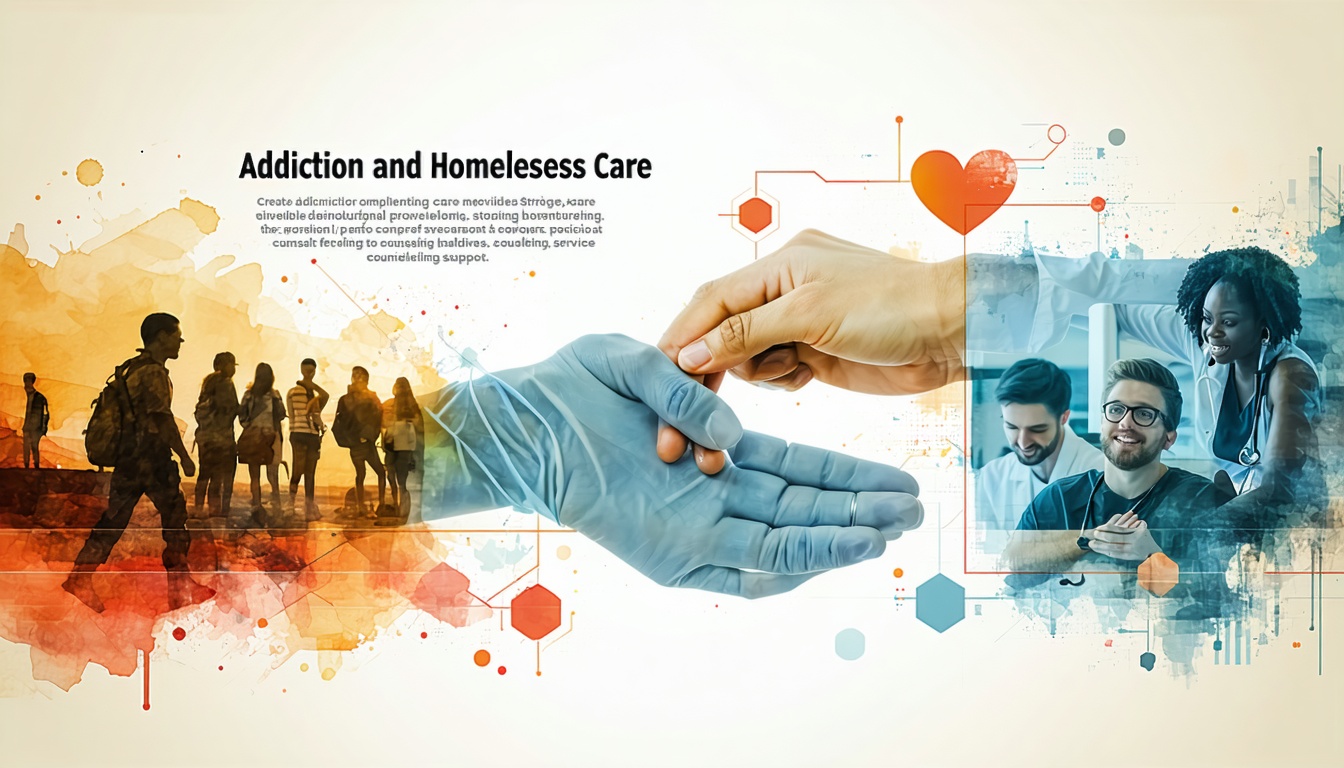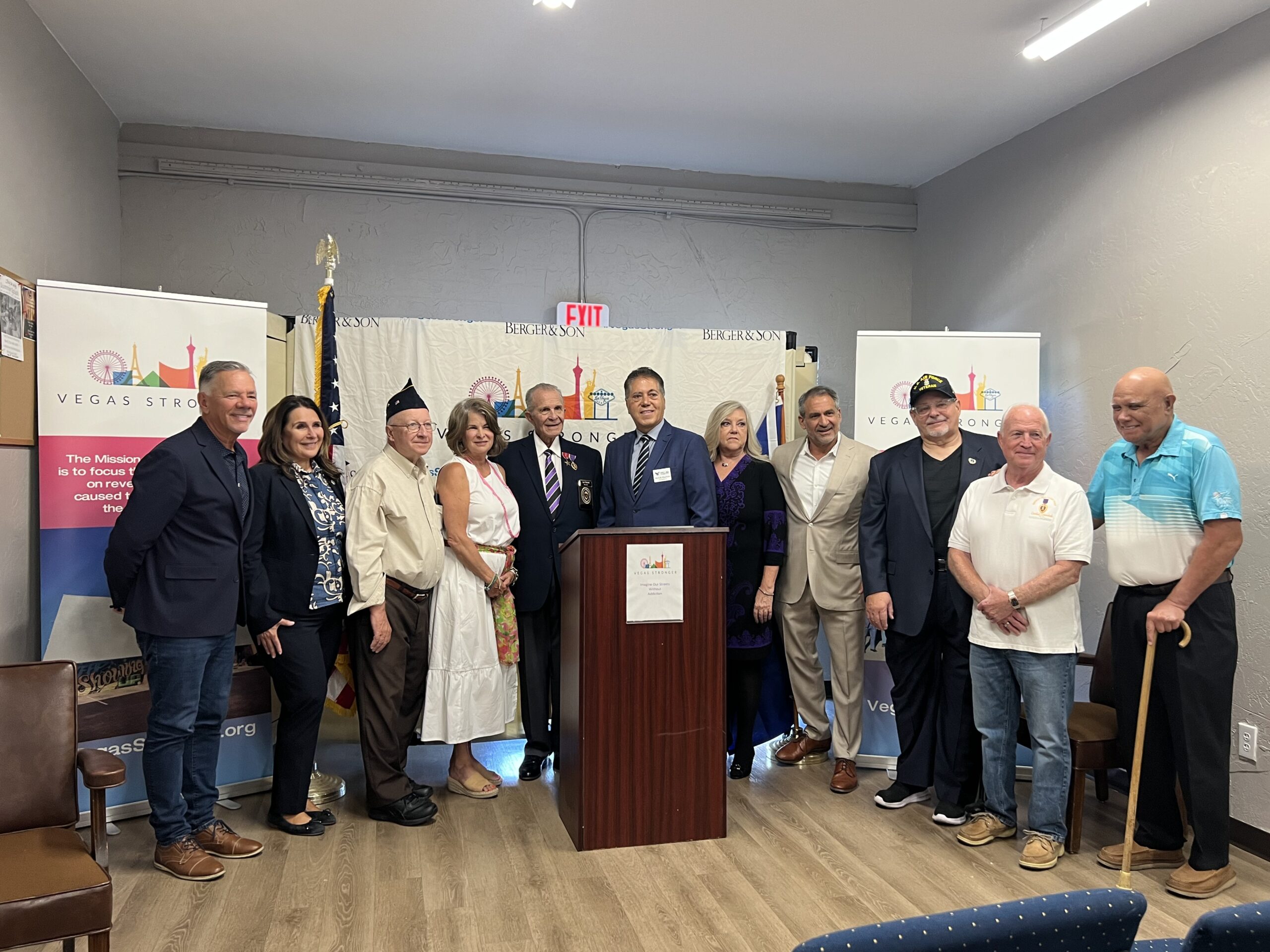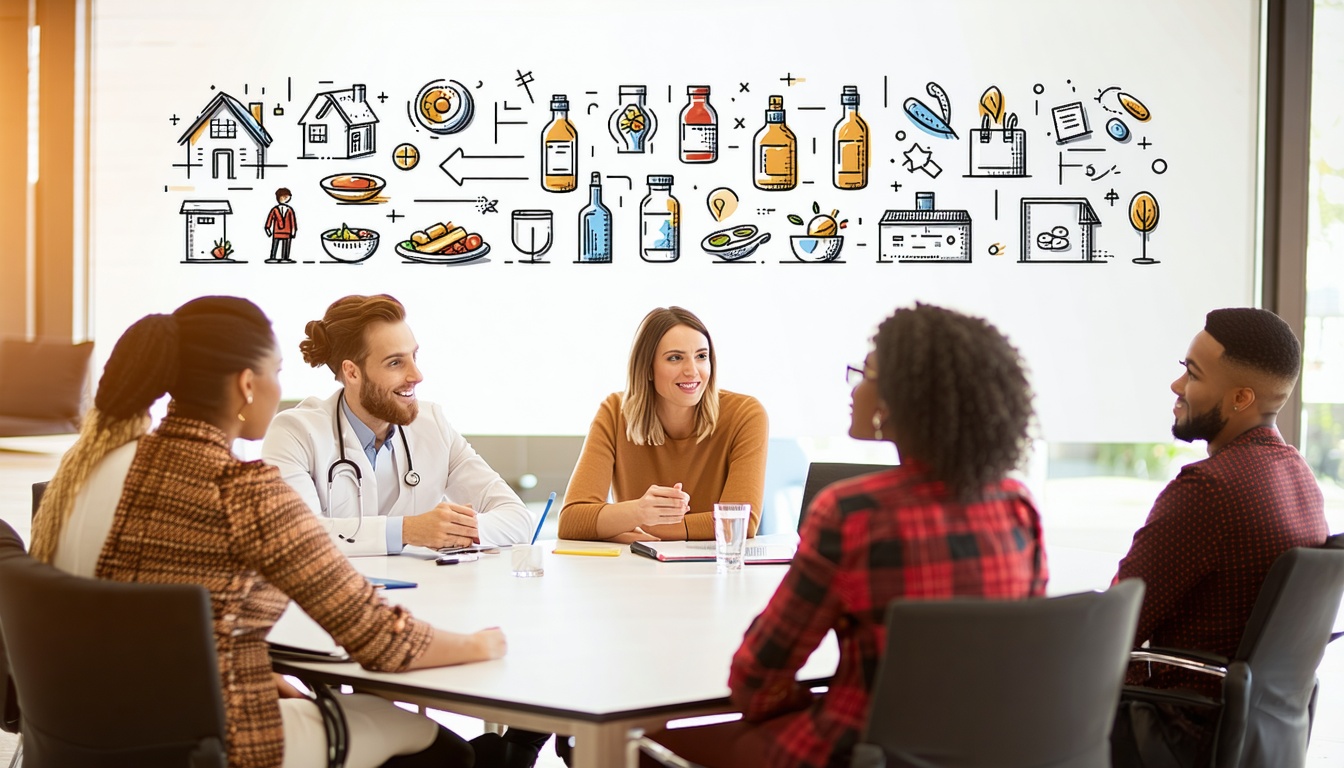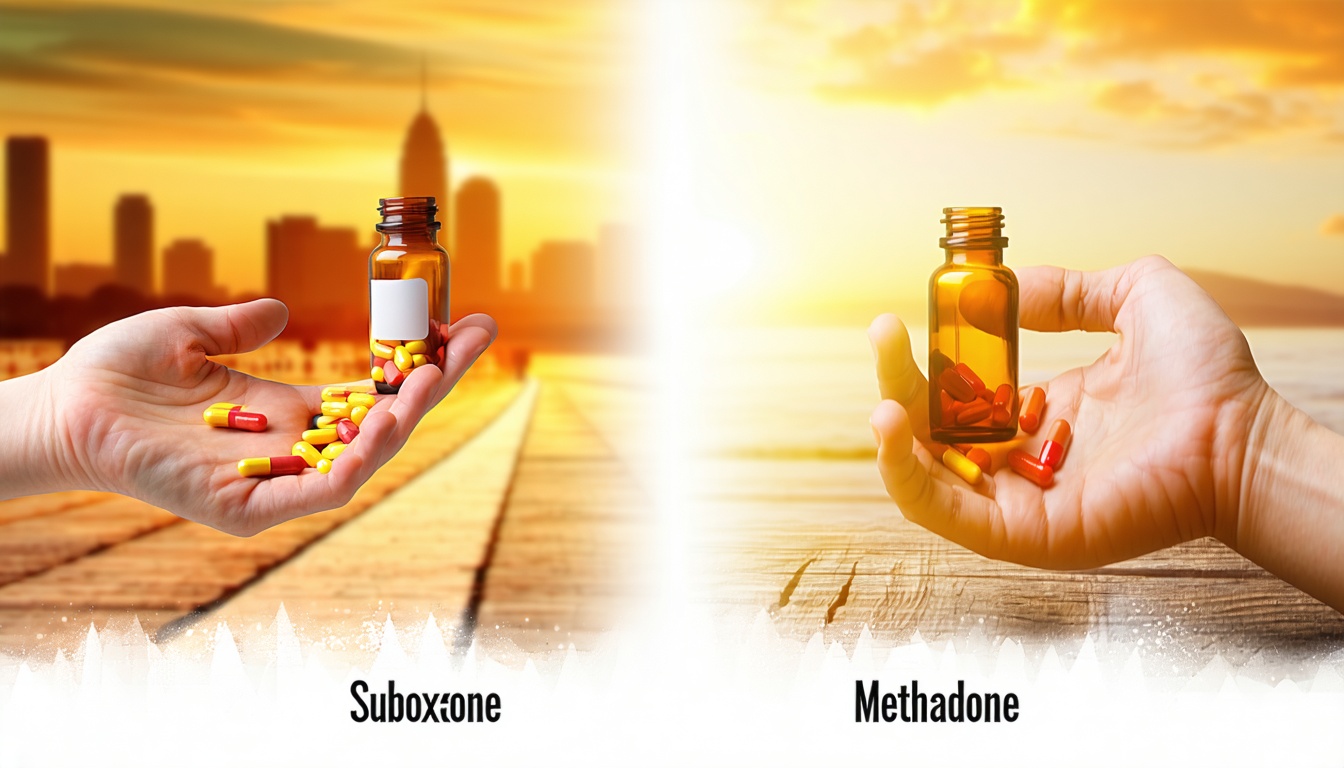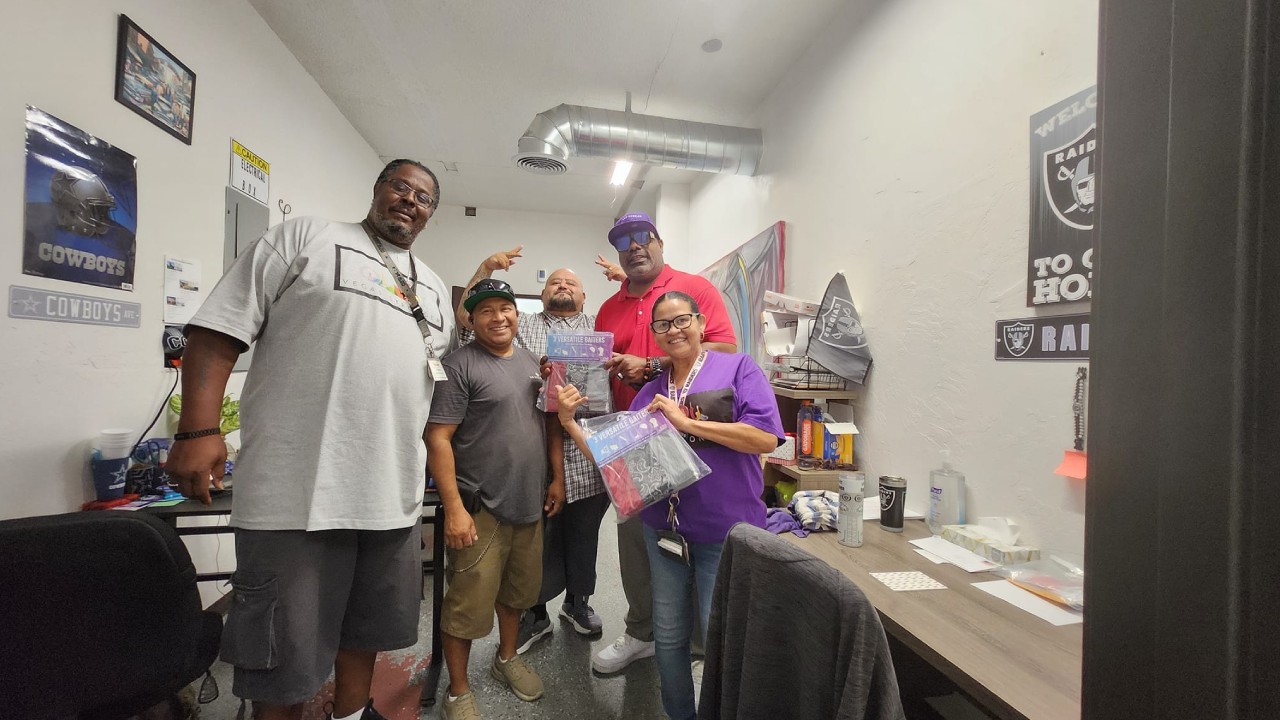By Susan Rope – See original article here.
The pandemic-weary world is moving back to normal as more people are getting vaccinated and more areas of the nation are rolling back restrictions.
But many of us felt as though we hit a wall in the past month or so, and may have suffered from something called “pandemic burnout” — a weariness of taking precautionary measures combined with isolation from being unable to gather with family and friends. The ups and downs of the past year, combined with lingering uncertainty, have impacted everyone’s mental health and might not go away completely even as restrictions lift.
So how do you recover from pandemic burnout and get ready to emerge into a reopening world? By maintaining structure in your daily life and being mindful, according to a psychotherapist and mental health expert.
Dave Marlon is a former insurance agent who founded Vegas Stronger™, a nonprofit organization that deals with substance abuse issues. He has seen the different ways in which people are dealing with the pandemic and its aftermath.
There are two different types of pandemic burnout, he said. The first type is the physical effect on COVID-19 patients whose symptoms lingered for weeks or months and who are struggling to regain their physical health.
But the second type of burnout is emotional or mental. It stems from a dramatic change in people’s lives that came on suddenly and went on longer than most people expected.
“At first, we weren’t able to go to work, so we weren’t commuting. We weren’t able to go to our favorite restaurants, to the gym, to our spiritual institutions. There may have been some degree of novelty with that in the beginning of the pandemic, but the routine of this new life eventually sank in.”
Marlon said he noticed a physical change in many of his clients. “Most people had a degradation in their diets; they were eating more than usual or they weren’t eating healthy foods. Along with that, many of them weren’t able to keep up with their fitness regimes or their workout schedules, and they also reduced the amount of socialization they did with family and friends.”
But other people used the pandemic as a wake-up call to improve their overall health, he said.
“Some took up yoga; others decided to overhaul their diets and ended up losing weight. Some decided to put a new priority on their relationships and others became more mindful of what’s important to them.”
The keys to successfully emerging from pandemic burnout, Marlon said, are mindfulness and connection.
“Be mindful of what you’re eating, what substances you’re consuming,” he said. “And even if you are continuing to work from home, it’s important to have people you check in with every day, see if they’re OK and talk about what’s going on in your lives.”
For some people, long stretches of time at home led to throwing structure and routine out the window. Marlon recommended finding a routine the works for you and sticking with it, even as life begins to move toward normalcy.
As more Americans get vaccinated and government-mandated restrictions are rolled back, will pandemic burnout go away? Marlon said he believes it will be with us for a while.
“We still will see the social effects and the effects on our mental health,” he said. “The economic and emotional anxiety many of us have experienced don’t just go away. So it’s important that we acknowledge what we feel.”
Some aspects of daily life will remain changed by the pandemic for a long time to come, Marlon said. One example is medicine, where telemedicine has become more widely accepted and probably will continue to be the way in which many Americans receive some of their health care.
Long periods of uncertainty also have affected Americans’ mental health, and Marlon said the effects of that uncertainty might remain after the pandemic is on its way out.
“We can feel like we’re victims to this and we can worry about the things that are outside us,” he said. “Or we can take personal responsibility for the things in our lives that we can control. We can make some new fitness goals. We can improve our diet. We can reach out to family members. We can develop an improved spiritual life. These are all things that will move us past the pandemic and that we can continue to do after the pandemic is over.”

